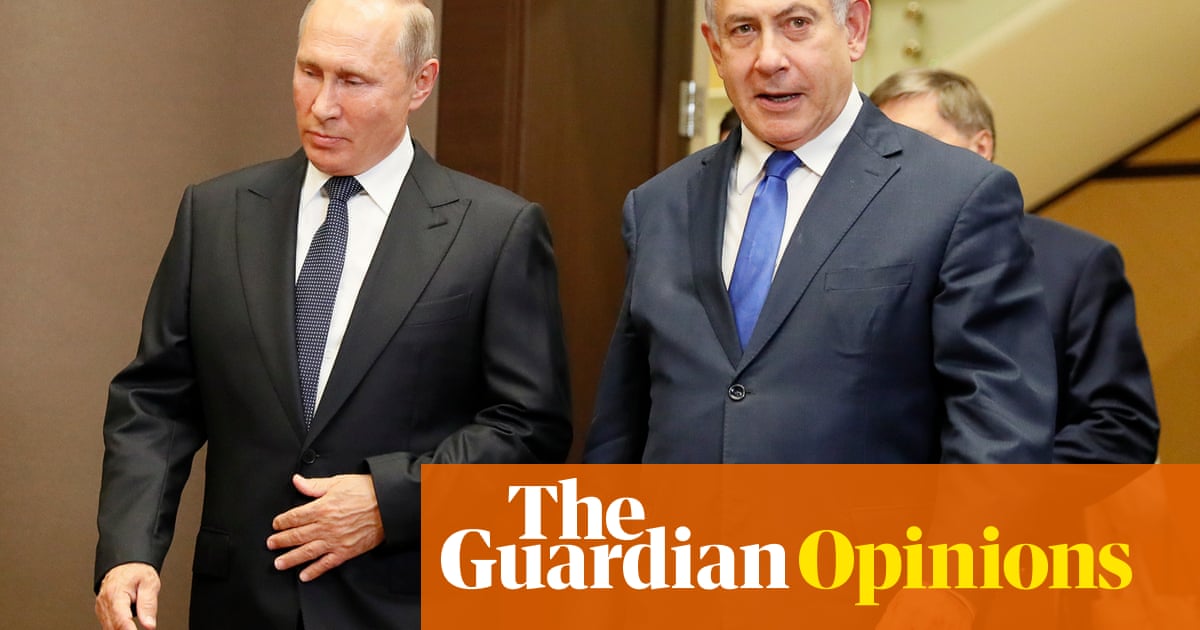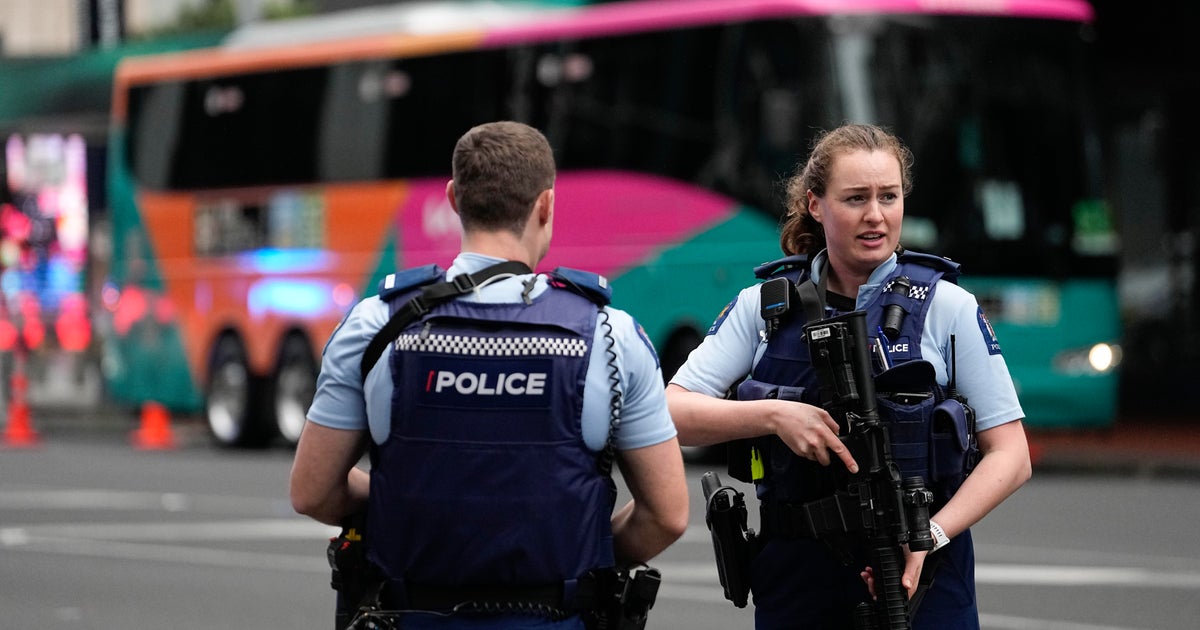The Dangerous Dance of Netanyahu and Putin: A Shared Pursuit of Power Amid Crisis

Earlier this month, Israeli Prime Minister Benjamin Netanyahu and Russian President Vladimir Putin engaged in a friendly phone conversation that coincided with the 80th anniversary of Nazi Germany’s defeat in World War II. This call reflects a peculiar bond between the two leaders, as both present themselves as champions in a modern struggle against supposed neo-Nazism—Netanyahu framing the conflict in Gaza as a battle against terrorism, while Putin claims to protect Russia against fascists in Ukraine. This narrative, however, is often seen as a way to obscure the civilian casualties, rising troop deaths, and substantial economic ramifications that each conflict generates. It may also serve as a psychological balm for leaders grappling with the moral implications of their actions.
In a world rife with political turmoil, Netanyahu and Putin are perceived not only as controversial figures but also as potentially the most reviled leaders at present. The grim reality of overseeing widespread violence and trauma, especially among children, is a troubling commonality shared by these two authoritarian figures. Their aggressive policies have led their nations into the realm of international isolation and moral controversy. By sustaining ongoing conflicts, both leaders effectively consolidate their power, leveraging nationalist sentiments to silence internal dissent and malign foreign critics as being anti-Semitic or sympathetic to terrorism.
Both leaders find themselves cornered by the threat of international justice, with arrest warrants pending for serious alleged transgressions. Netanyahu's administration consistently denies the Palestinian people their right to an independent state—a right that the founders of Israel once advocated. Similarly, Putin dismisses Ukraine's sovereignty, promoting an aggressive narrative of expansionism that includes a vision of a “greater Israel” and a revived Soviet Union. This ideological stance is heavily influenced by an ultra-nationalist, racially supremacist mindset that seeks to permeate both domestic and foreign policies.
European leaders have expressed grave concerns that should Putin remain unpunished for his actions, he might redirect his military ambitions toward their territories. On the other hand, Netanyahu has widened the scope of conflict beyond Gaza, with implications reaching Lebanon, Yemen, and Syria. Recent intelligence reports from the United States indicate that Netanyahu may be preparing for a military strike against Iran, attempting to derail ongoing discussions regarding nuclear negotiations between Washington and Tehran.
In light of these complex dynamics, it becomes evident that key figures, particularly U.S. President Donald Trump, have not fully grasped a pivotal similarity: neither Netanyahu nor Putin genuinely seeks a lasting peace. The preference for perpetual conflict appears to be ingrained in their political survival strategies. Both leaders understand that a cessation of hostilities could usher in dire consequences, including loss of power and accountability for past actions.
As thousands of veterans return from war zones, the public in Russia may begin to question the narratives surrounding the front lines, leading to potential instability for Putin. Meanwhile, Netanyahu is acutely aware that a shift toward peace would not only jeopardize his political future but could also result in legal repercussions for allegations of bribery and corruption. The International Criminal Court may yet demand their extradition, putting both leaders in jeopardy.
This reality fuels their mutual fear of peace and underscores the necessity for a robust international effort to pressure both leaders into seeking resolutions to their respective conflicts. The recent phone call between Netanyahu and Putin, marked by friendly exchanges, signals their current need for one another as they navigate these turbulent waters.
In an environment where political dissent is vigorously suppressed, it is plausible they exchanged strategies on dealing with critics like UK Labour leader Keir Starmer. Netanyahu, emboldened by the violent events of October 7, 2023, seems to believe he is justified in pursuing aggressive actions, regardless of legality or morality. However, this perception may be misguided. Moreover, it is conceivable that Netanyahu and Putin shared tactics for influencing and manipulating Trump, a game in which both have shown considerable aptitude.
This triangular relationship between Netanyahu, Putin, and Trump is emblematic of a profoundly cynical political landscape that poses a significant barrier to peace across various fronts. The erratic policymaking that characterized Trump’s initial term is now manifesting in alarming ways during his second term, with the potential for disastrous outcomes.
At present, the opposite of progress is occurring. During a visit to the Gulf, Trump appeared more as a shifty salesman than the President of the United States. His indifference to the suffering of Palestinians in Gaza is evident, as he attempts to curb Netanyahu's aggressive tactics—like bombings in Iran—without genuinely addressing the core issues at play. Despite this, Trump’s motivations remain self-serving, and his interest wanes when no personal gain is apparent.
If a temporary ceasefire in Gaza is reinstated and more hostages are released, Trump will likely take credit. Nevertheless, the fundamental issues remain unresolved. His administration continues to support Netanyahu and a far-right coalition that exploits humanitarian crises while flouting international laws, further advancing a nationalist agenda that could be construed as genocidal.
The situation in Ukraine is similarly grim. Trump disrupted a coordinated ultimatum from British, French, German, and Polish leaders for an immediate ceasefire, insisting on his superior judgment. Yet, when engaging with Putin, Trump often finds himself outmaneuvered, leading to fractures in the transatlantic alliance.
There is a flicker of hope as Trump begins to recognize his limitations; he is neither omnipotent nor infallible. His frustration may prompt him to disengage, but the U.S. must remain actively involved. A period of silence from the presidency could inadvertently contribute to peace efforts.
Unfortunately, Trump's tendency to misdiagnose complex geopolitical issues only exacerbates the problems at hand. Each day that passes without accountability allows Netanyahu and Putin to continue their violent campaigns with little fear of repercussion. The human toll, especially among children, continues to rise as a result.
It is crucial for Trump to abandon his performative grandstanding and delegate the peacemaking responsibilities regarding Gaza and Ukraine to seasoned diplomats, UN representatives, and military experts. He should entrust these matters to individuals with the requisite expertise to navigate such complicated crises. Meanwhile, it would be prudent for him to distance himself from both Netanyahu and Putin entirely.




























